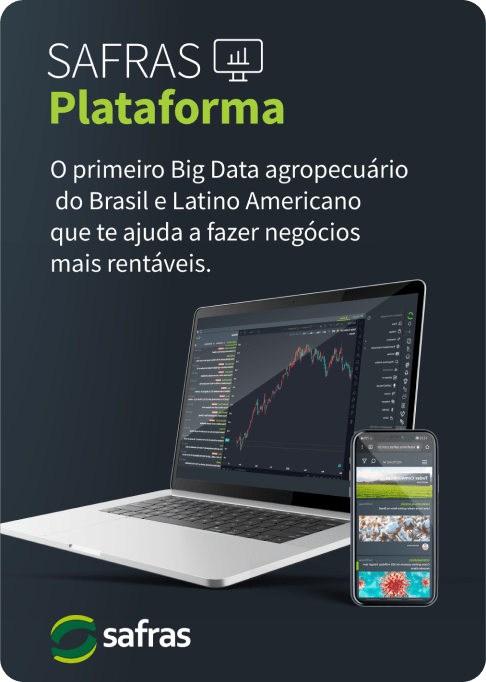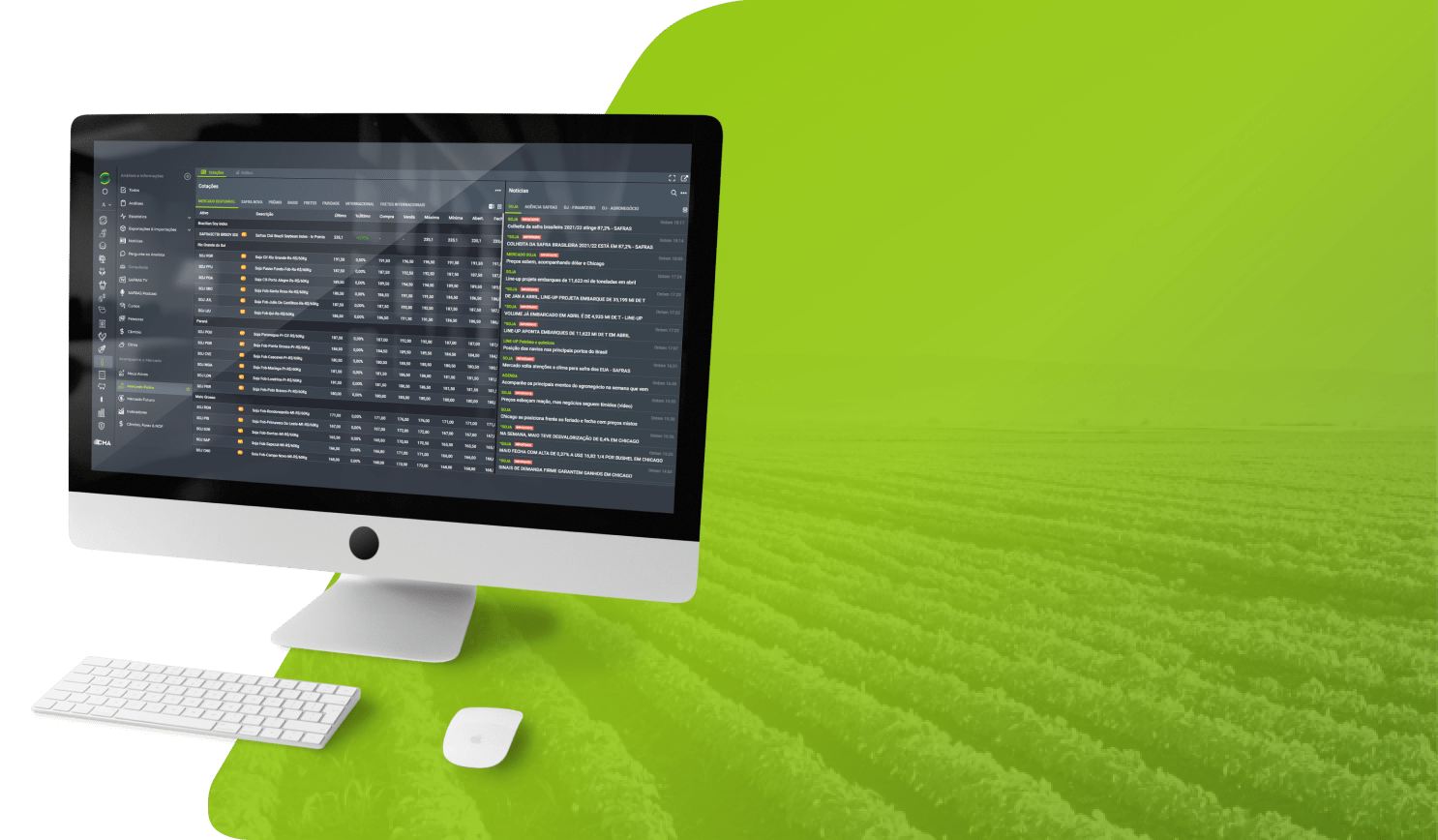Coffee consumption in Brazil has lost momentum in recent years, with growth showing signs of stagnation. In 2000, coffee consumption in Brazil was equivalent to 13.20 mln 60-kg bags of green coffee, which corresponds to 4.76 kg per capita. And it accumulated an increase of 61% to reach 21.30 mln bags in 2022, which corresponds to 5.96 kg per capita, according to data from Abic. The average growth in the period was consistent at 2.24% a year.
However, when checking the numbers, one notices a lack of linearity in the advance of coffee consumption in Brazil, with years of decline linked to the economic crisis and, mainly, a very different rhythm between the periods. There was a clear increase in consumption growth at the beginning of the 2000s, driven by the growth of new formats and the boom of coffee shops. Between 2001 and 2010, coffee consumption in Brazil grew at a rate of 3.80% per year, with a strong increase in per capita coffee consumption. The segment was managing to attract new consumers and expand its consumption base. In the period from 2011 to 2020, consumption growth fell to 1.08% per year, reflecting financial crises and a consolidation of the pace of expansion of the consumer base. In the early 2020s, the growth rate fell to 0.47% per year, covering the period between 2021 and projections for 2023.
Over the last 10 years, a period from 2014 to 2023, coffee consumption in Brazil has grown at a rate of 0.70% per year. This slowdown in growth reinforces the idea of stagnation and that the increase in per capita consumption must have reached its peak in 2017, when it reached 6.17 kg per inhabitant. The appeal of coffee shops had already been consolidated, and the market was once again finding it difficult to boost the reach of the younger public. Therefore, consumption in Brazil has difficulty in recovering the line of 6 kg per inhabitant a year.
Monitoring the deflated price of roasted and ground coffee at retail in Brazil makes the correlation between the price of the industrialized product and the green coffee sold by producers very clear, discounting the natural delay in the transmission of price fluctuations between the purchase of the raw material and the sale of the industrialized product.
The price of a 500-gram package of roasted and ground in supermarkets in the city of São Paulo was negotiated on average at BRL 8.01 in March 2021, according to the Procon/Dieese survey and published by the Ministry of Agriculture (MAPA). The industrialized market still reflected the low prices of green coffee due to the record crop reaped by Brazil in 2020. The frost of 2021 changed the market behavior, with the price of industrialized coffee climbing to reach the price of BRL 15.36 per 500 grams in January 2023.
After this seesaw, the price of roasted and ground coffee seeks readjustment, given the improvement in supply and slowdown in the price curve paid to producers for green coffee. The latest data from June 2023 point to an average price of BRL 14.63 for a 500-gram package of roasted and ground in supermarkets in São Paulo. The trend is for a new decline in industrialized products, still reflecting the decline in the price of raw materials.





